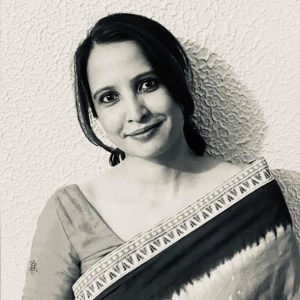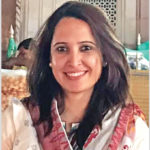Myanmar: No Religious Liberty in an Unequal Milieu
 Farzana Mahmood is an advocate of Bangladesh Supreme Court and one of the co-founders and Executive Director of Bangladesh Manobadhikar O Poribesh Andolon Foundation (BAMAPA), an NGO dedicated to uphold and promote the basic human rights and environment rights of the peoples of the Bangladesh
Farzana Mahmood is an advocate of Bangladesh Supreme Court and one of the co-founders and Executive Director of Bangladesh Manobadhikar O Poribesh Andolon Foundation (BAMAPA), an NGO dedicated to uphold and promote the basic human rights and environment rights of the peoples of the Bangladesh
The conditions of religious minorities in Myanmar especially, Christians (6.2 percent, particularly Chin, Kachin, Karen people), Muslims (4.3 percent, Rohingya, Malay), and Hindus (0.5 percent, mainly Burmese Indians) deteriorated with the military coup in 1962. During the successive five brutal decades following the coup, the military exploited the religious and ethnic diversity of the country and ruled by dividing the communities, pitting Buddhists, Christians, and Muslims against each other.
However, with the onset of civilian governments in 2011, the conditions of the religious and ethnic minorities in the country failed to improve. In 2017, more than 750,000 Rohingya Muslim minorities of the Rakhine state fled Myanmar to Bangladesh when the military started destroying and burning houses, killing Rohingyas, and raping their women.


